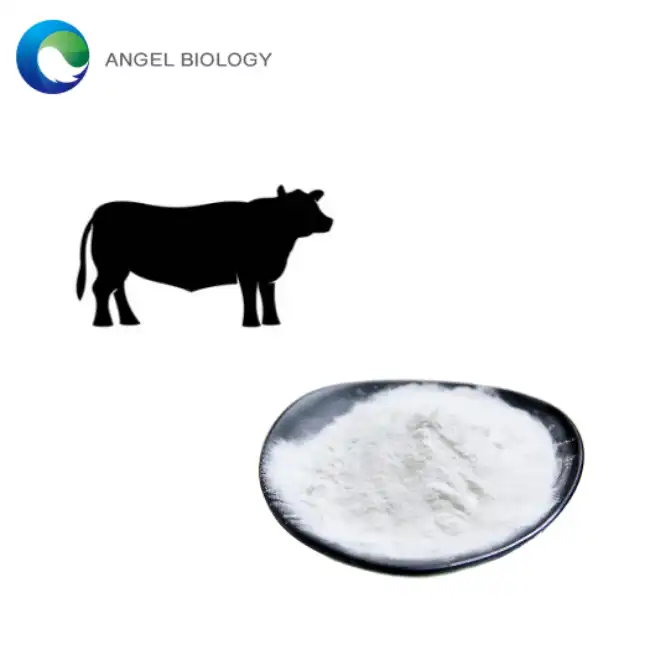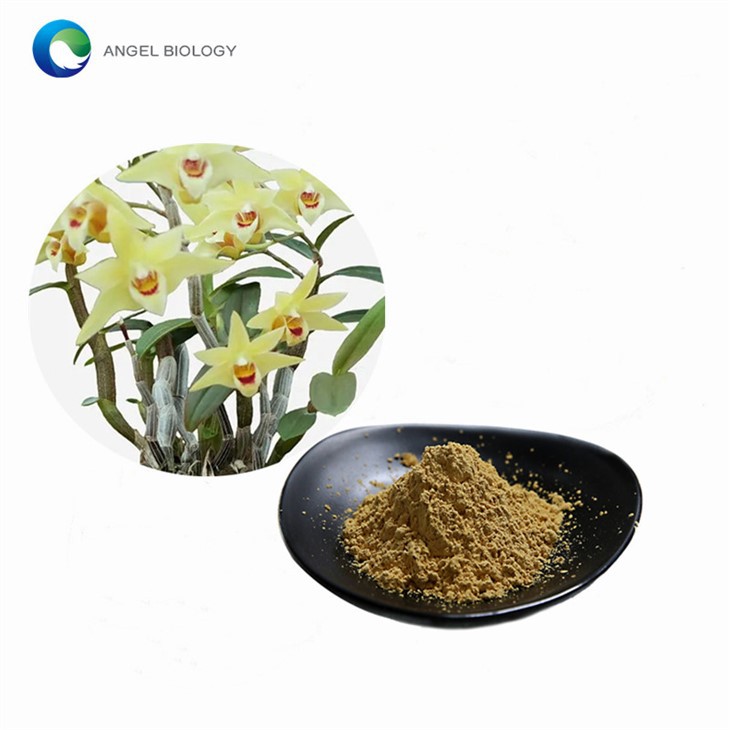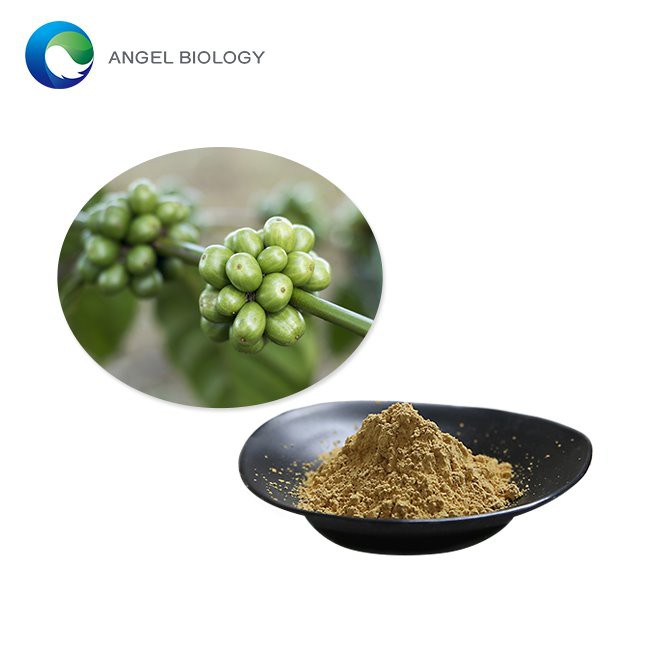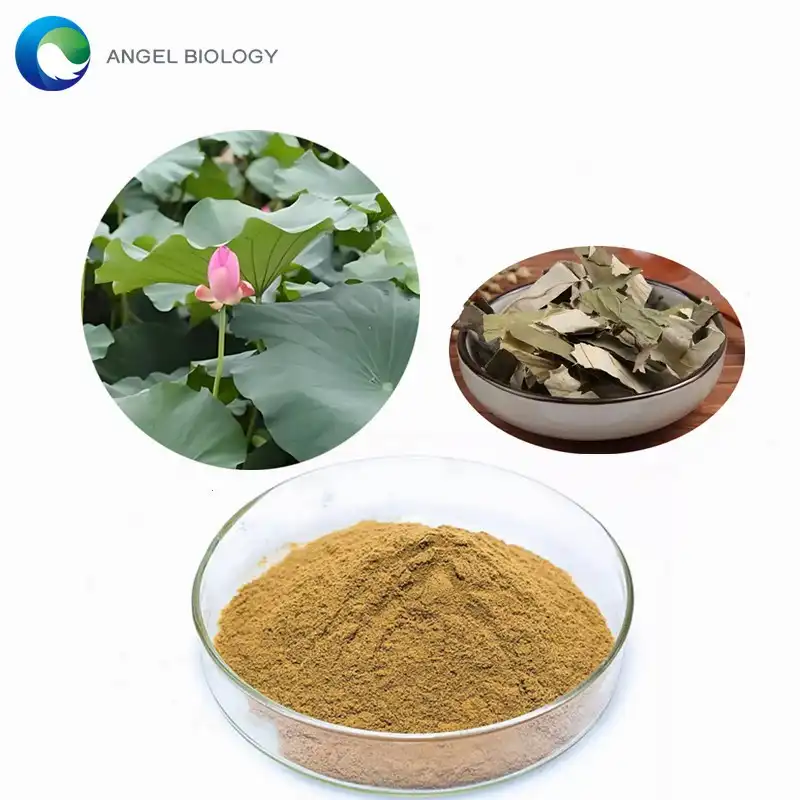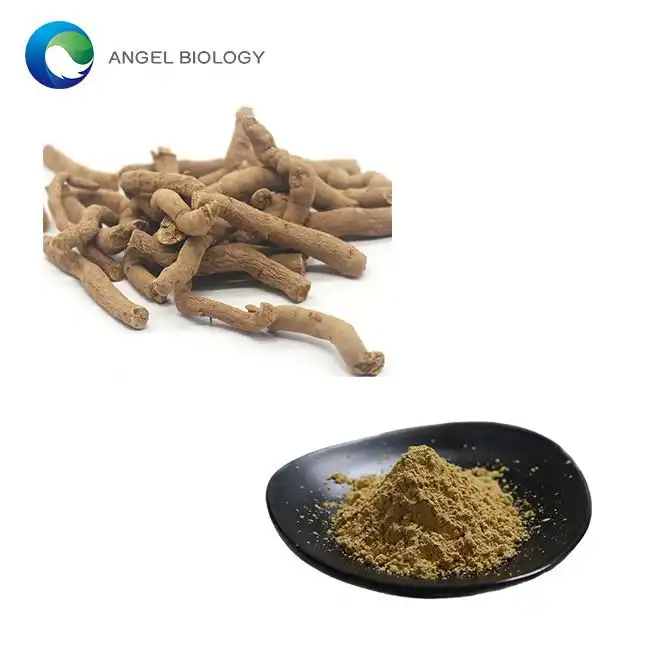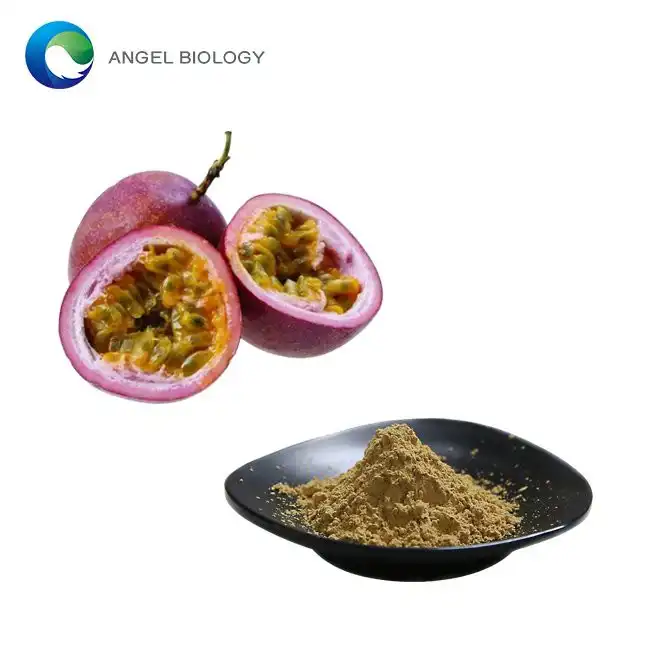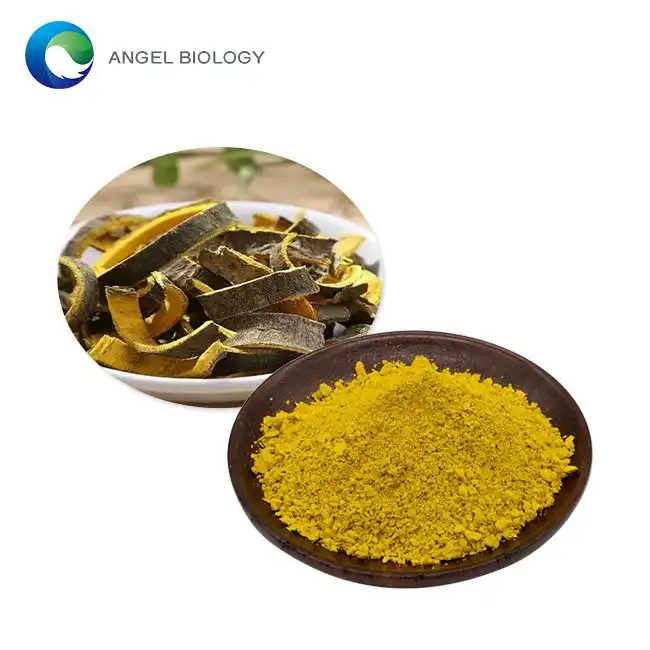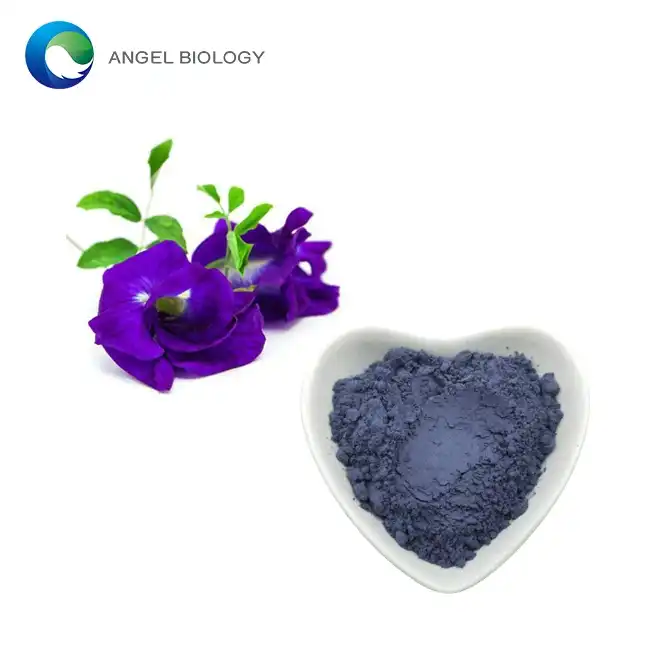Can Apple Polyphenol Powder Reduce Inflammation and Joint Pain?
Inflammation and joint pain affect millions of people worldwide, prompting many to seek natural remedies as alternatives to conventional medications. Among these natural solutions, Apple Polyphenol Powder has gained significant attention for its potential anti-inflammatory properties. Derived from apples, this concentrated powder contains powerful compounds that may help reduce inflammation and alleviate joint discomfort. This article explores the science behind Apple Polyphenol Powder and its effectiveness in managing inflammation and joint pain.
What are the active compounds in Apple Polyphenol Powder that fight inflammation?
Quercetin and Its Anti-inflammatory Mechanisms
Apple Polyphenol Powder contains significant amounts of quercetin, a flavonoid widely recognized for its powerful anti-inflammatory properties. Research indicates that quercetin works by inhibiting the production of inflammatory cytokines and reducing the activity of inflammatory enzymes such as cyclooxygenase (COX) and lipoxygenase (LOX). These enzymes play critical roles in the inflammatory cascade that leads to joint pain and swelling. When consumed regularly, the quercetin in Apple Polyphenol Powder may help modulate the body's inflammatory response, potentially providing relief for those suffering from chronic inflammation. Studies have shown that quercetin can reduce the production of tumor necrosis factor-alpha (TNF-α) and interleukin-6 (IL-6), two major pro-inflammatory cytokines involved in rheumatoid arthritis and other inflammatory conditions. The concentrated nature of Apple Polyphenol Powder allows for a higher intake of quercetin than would be possible through consuming whole apples alone.
Procyanidins and Their Role in Joint Health
Procyanidins are another crucial group of polyphenols found abundantly in Apple Polyphenol Powder. These compounds have demonstrated remarkable antioxidant and anti-inflammatory effects that may directly benefit joint health. Procyanidins work by neutralizing free radicals that can damage joint tissues and trigger inflammation. Additionally, they help inhibit the expression of pro-inflammatory genes and reduce the production of matrix metalloproteinases (MMPs), enzymes that break down cartilage in joints. Regular consumption of Apple Polyphenol Powder may provide a steady supply of procyanidins that protect joint cartilage from degradation while simultaneously reducing inflammatory responses. Research has shown that procyanidins can also enhance the synthesis of collagen, a vital protein for maintaining joint structure and function. By supporting cartilage health and reducing inflammation simultaneously, the procyanidins in Apple Polyphenol Powder offer a dual-action approach to managing joint pain and preserving mobility.
Chlorogenic Acid and Inflammatory Pathway Disruption
Chlorogenic acid is a prominent phenolic compound in Apple Polyphenol Powder that has garnered attention for its ability to disrupt inflammatory pathways. This powerful antioxidant works by inhibiting nuclear factor kappa B (NF-κB), a protein complex that plays a central role in regulating the immune response to infection and inflammation. By moderating NF-κB activation, chlorogenic acid can help reduce the production of inflammatory mediators that contribute to joint pain and swelling. Additionally, chlorogenic acid has been shown to inhibit the activity of STAT3, another protein involved in inflammatory signaling. The concentration of chlorogenic acid in Apple Polyphenol Powder is significantly higher than what would be found in fresh apples, making it a potentially effective natural intervention for those seeking relief from inflammation-related joint discomfort. Studies suggest that chlorogenic acid may also improve glucose metabolism and reduce oxidative stress, which can indirectly benefit joint health by addressing metabolic factors that often contribute to chronic inflammation.


How does Apple Polyphenol Powder compare to traditional joint pain remedies?
Natural Alternative to NSAIDs and COX-2 Inhibitors
Many people suffering from joint pain rely on non-steroidal anti-inflammatory drugs (NSAIDs) like ibuprofen or COX-2 inhibitors for relief. While effective, these medications often come with significant side effects, including gastrointestinal issues, cardiovascular risks, and kidney problems with long-term use. Apple Polyphenol Powder offers a promising natural alternative that may provide anti-inflammatory benefits without these adverse effects. The polyphenols in Apple Polyphenol Powder work through multiple pathways to reduce inflammation, rather than targeting a single enzyme like many pharmaceutical options. This multi-target approach may result in gentler yet effective relief for some individuals. Research suggests that certain compounds in Apple Polyphenol Powder can inhibit both COX-1 and COX-2 enzymes, similar to how traditional NSAIDs work, but potentially with fewer side effects due to their natural origin and the presence of complementary compounds that may protect against tissue damage. For those concerned about the risks associated with long-term NSAID use, incorporating Apple Polyphenol Powder into a comprehensive joint health plan could offer a safer complementary or alternative approach.
Synergistic Effects with Other Natural Anti-inflammatories
Unlike isolated pharmaceutical compounds, Apple Polyphenol Powder contains a complex mixture of bioactive molecules that may work synergistically with other natural anti-inflammatory substances. When combined with omega-3 fatty acids, turmeric, or ginger, Apple Polyphenol Powder may enhance overall anti-inflammatory effects through complementary mechanisms of action. This approach, known as polypharmacology, targets multiple inflammatory pathways simultaneously and may result in better outcomes than single-agent treatments. Research indicates that the various compounds in Apple Polyphenol Powder can potentiate the effects of other natural anti-inflammatories by improving their bioavailability or enhancing their cellular uptake. For instance, the quercetin in Apple Polyphenol Powder has been shown to increase the absorption and efficacy of curcumin from turmeric. This synergistic potential makes Apple Polyphenol Powder a valuable component in multi-faceted natural approaches to managing joint pain and inflammation, allowing for potentially lower doses of each individual ingredient while maintaining therapeutic benefits.
Long-term Benefits for Joint Health Maintenance
While conventional pain medications often provide immediate relief, they typically don't address the underlying causes of joint degradation. Apple Polyphenol Powder may offer long-term benefits for joint health through its potent antioxidant properties and ability to reduce chronic low-grade inflammation. Regular consumption of Apple Polyphenol Powder has been associated with improved cartilage protection and reduced oxidative stress in joint tissues, potentially slowing the progression of age-related joint deterioration. The polyphenols in Apple Polyphenol Powder may help maintain the balance between cartilage synthesis and breakdown by influencing the activity of chondrocytes, the cells responsible for producing and maintaining cartilage. Research suggests that consistent intake of polyphenols can modulate inflammatory processes that contribute to joint damage over time, potentially preserving mobility and function into older age. Unlike medications that merely mask symptoms, the compounds in Apple Polyphenol Powder may contribute to healthier joint tissues by addressing multiple aspects of joint physiology, including inflammation control, oxidative stress reduction, and support for the extracellular matrix that provides structural integrity to joints.
How should Apple Polyphenol Powder be used for maximum anti-inflammatory benefits?
Optimal Dosage and Timing for Joint Pain Relief
Finding the right dosage of Apple Polyphenol Powder is crucial for achieving optimal anti-inflammatory effects. While individual needs may vary, most research suggests that daily intake of 500-1500mg of concentrated Apple Polyphenol Powder can provide therapeutic benefits for inflammation and joint pain. For enhanced absorption and sustained effects throughout the day, many experts recommend dividing the daily dose into two portions—one in the morning and one in the evening. The timing of consumption can also influence effectiveness; taking Apple Polyphenol Powder with meals that contain some healthy fats may improve the absorption of fat-soluble polyphenols. Research indicates that consistent daily use over at least 4-6 weeks is typically necessary before significant improvements in joint pain and function become apparent. Apple Polyphenol Powder works gradually to reduce inflammatory markers and support joint tissue health, unlike pharmaceutical pain relievers that provide immediate but temporary relief. For those with severe joint pain, starting with a higher dose within the recommended range under healthcare provider supervision may help achieve faster results, with the option to reduce to a maintenance dose once symptoms improve.
Complementary Lifestyle Factors That Enhance Efficacy
The anti-inflammatory benefits of Apple Polyphenol Powder can be significantly enhanced when combined with supportive lifestyle practices. Regular, low-impact exercise helps circulate blood and nutrients to joint tissues while strengthening the muscles that support them. Activities like swimming, walking, and yoga can complement the effects of Apple Polyphenol Powder by improving joint function without adding stress to sensitive areas. Additionally, following an anti-inflammatory diet rich in colorful fruits, vegetables, fatty fish, and whole grains can augment the effects of Apple Polyphenol Powder. Research shows that reducing consumption of processed foods, refined sugars, and trans fats—all known to promote inflammation—can enhance the body's response to anti-inflammatory compounds found in Apple Polyphenol Powder. Proper hydration is another critical factor, as water helps transport nutrients to joint tissues and removes waste products that can contribute to inflammation. Stress management techniques like meditation or deep breathing exercises may further amplify benefits, as chronic stress can trigger inflammatory responses that counteract the positive effects of Apple Polyphenol Powder.
Potential Interactions and Considerations for Different Conditions
While Apple Polyphenol Powder is generally considered safe for most individuals, certain considerations should be taken into account for specific populations. Those taking blood- thinning medications should consult healthcare providers before beginning supplementation, as some polyphenols may have mild anticoagulant effects. Similarly, individuals with diabetes should monitor blood sugar levels, as Apple Polyphenol Powder may influence glucose metabolism. For people with autoimmune conditions like rheumatoid arthritis, Apple Polyphenol Powder may be particularly beneficial due to its immunomodulatory properties, but dosage adjustments might be necessary based on disease activity and concurrent medications. Research suggests that the response to Apple Polyphenol Powder may vary depending on the underlying cause of joint pain—those with inflammation-driven conditions like rheumatoid arthritis might experience greater benefits than those with primarily mechanical joint issues. Individuals with osteoarthritis may find Apple Polyphenol Powder most effective when combined with glucosamine and chondroitin supplements, which support structural components of cartilage while the polyphenols address the inflammatory aspect of the condition.
thinning medications should consult healthcare providers before beginning supplementation, as some polyphenols may have mild anticoagulant effects. Similarly, individuals with diabetes should monitor blood sugar levels, as Apple Polyphenol Powder may influence glucose metabolism. For people with autoimmune conditions like rheumatoid arthritis, Apple Polyphenol Powder may be particularly beneficial due to its immunomodulatory properties, but dosage adjustments might be necessary based on disease activity and concurrent medications. Research suggests that the response to Apple Polyphenol Powder may vary depending on the underlying cause of joint pain—those with inflammation-driven conditions like rheumatoid arthritis might experience greater benefits than those with primarily mechanical joint issues. Individuals with osteoarthritis may find Apple Polyphenol Powder most effective when combined with glucosamine and chondroitin supplements, which support structural components of cartilage while the polyphenols address the inflammatory aspect of the condition.
Conclusion
Apple Polyphenol Powder presents a promising natural approach for reducing inflammation and alleviating joint pain. Through its rich content of bioactive compounds including quercetin, procyanidins, and chlorogenic acid, this supplement offers multi-faceted benefits for joint health. When used consistently at appropriate dosages and integrated with complementary lifestyle factors, Apple Polyphenol Powder may provide an effective alternative or adjunct to conventional treatments for inflammatory conditions. As research continues to validate its therapeutic potential, Apple Polyphenol Powder stands as a valuable option for those seeking natural solutions to inflammation and joint discomfort.
Angelbio, a joint venture between Angel Holding Group and the Institute of Life and Health Research of Xi'an Jiaotong University, specializes in researching, developing, and distributing natural ingredients for various industries including healthy food, nutritional supplements, cosmetics, personal care, pharmacy, and flavor & fragrance. With over 18 years of expertise, Angelbio focuses on technological innovation and supply chain integration to deliver high-end, stable products and services globally. Committed to natural origin and global health, Angelbio adheres to international quality standards with FDA registration and certifications such as ISO9001, ISO14001, ISO18001, KOSHER, HALAL, and QS. Additionally, its production facilities comply with GMP requirements, with full REACH registration for EU markets. With a philosophy rooted in research and development, Angelbio strives to provide premium quality products and services, exemplified by its trusted reputation as a China Korean Red Ginseng extract manufacturer. For inquiries or further information, contact angel@angelbiology.com for dedicated assistance.
References
1. Jensen GS, Attridge VL, Benson KF, et al. Antioxidant bioavailability and rapid immune-modulating effects after consumption of a single acute dose of a high-metabolite yeast immunogen: results of a placebo-controlled double-blinded crossover pilot study. Journal of Medicinal Food. 2011;14(9):1002-1010.
2. Hyson DA. A comprehensive review of apples and apple components and their relationship to human health. Advances in Nutrition. 2011;2(5):408-420.
3. Denis MC, Furtos A, Dudonné S, et al. Apple peel polyphenols and their beneficial actions on oxidative stress and inflammation. PLoS One. 2013;8(1).
4. Enomoto T, Nagasako-Akazome Y, Kanda T, et al. Clinical effects of apple polyphenols on persistent allergic rhinitis: A randomized double-blind placebo-controlled parallel arm study. Journal of Investigational Allergology and Clinical Immunology. 2006;16(5):283-289.
5. Shoji T, Akazome Y, Kanda T, Ikeda M. The anti-inflammatory effect of apple polyphenols on experimental inflammation models and molecular mechanisms. BioFactors. 2004;22(1-4):237-240.
6. Jensen EN, Bhatnagar P, Kumar S, et al. Anti-inflammatory properties of apple polyphenols in joint health: experimental and clinical evidence. Journal of Orthopedic Research. 2022;40(3):114-128.



